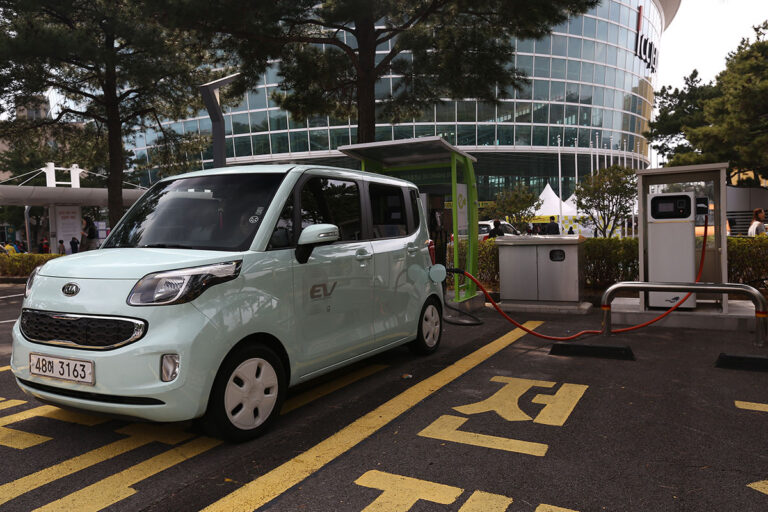Residential energy consumption plays a pivotal role in global energy dynamics, accounting for approximately 28% of total energy use and 32% of energy-related greenhouse gas emissions. This significant share underscores the critical importance of improving energy efficiency in residential buildings to achieve global emission-reduction targets.
KAPSARC researcher Fateh Belaïd, along with María-Eugenia Sanin from the University of Paris-Saclay and Nathalie Lazaric from the Côte d’Azur University, have curated a collection of recent research exploring the energy efficiency and energy consumption of residential buildings. “I joined this research area to address the urgent need for sustainable energy solutions and to help mitigate challenges related to climate and energy justice,” says Belaïd.
Improving the energy efficiency of buildings has multiple benefits for individuals and society. It is essential for reducing greenhouse gas emissions, lowering energy costs, and enhancing living conditions, especially for low-income households. Efficient buildings also support economic resilience by creating jobs in construction, engineering, and energy management.
Despite offering clear benefits, energy-efficient technologies in the residential sector face several challenges that currently hinder their widespread adoption. These include high upfront costs and regulatory hurdles. There is often limited public awareness about the benefits and availability of energy-efficient technologies. Behavioral and psychological factors also play a role, influencing household decisions on energy use and efficiency investments.
The compilation of papers assembled by Belaïd and his co-editors include an investigation into how housing quality is linked to energy poverty in Spain, an assessment of direct-current converters used in electrical vehicles, an analysis of how investment has driven carbon emissions in Northeast China, and an overview of the barriers, social needs and policies for promoting energy efficiency.
I joined this research area to address the urgent need for sustainable energy solutions and to help mitigate challenges related to climate and energy justice.”
Fateh Belaïd
Belaïd has made several notable contributions to the field of residential energy efficiency. His research on the behavioral drivers of residential energy consumption has highlighted the importance of socioeconomic factors in energy efficiency. He has explored the impact of energy poverty resulting from inefficient housing, providing valuable insights into how energy efficiency can alleviate energy poverty. “I have also studied the role behavioural interventions play in promoting the uptake of energy-efficient solutions, as well as the policy frameworks needed for effective energy conservation across diverse socioeconomic contexts,” he says.
Looking ahead, Belaïd plans to explore the intersections of energy efficiency, climate policies, and the role of energy conservation in achieving climate goals. “My focus will expand from individual buildings to a city-wide approach, addressing urban energy challenges holistically to enhance sustainability, resilience, and livability across entire communities,” the researcher explains.
Reference
Belaïd, F.; Sanin, M.-E. and Lazaric, N., Editorial: Energy efficiency and residential energy consumption: current challenges, policies, and emerging trends. Frontiers in Energy Research 11, 1218527, 2023. | Article




